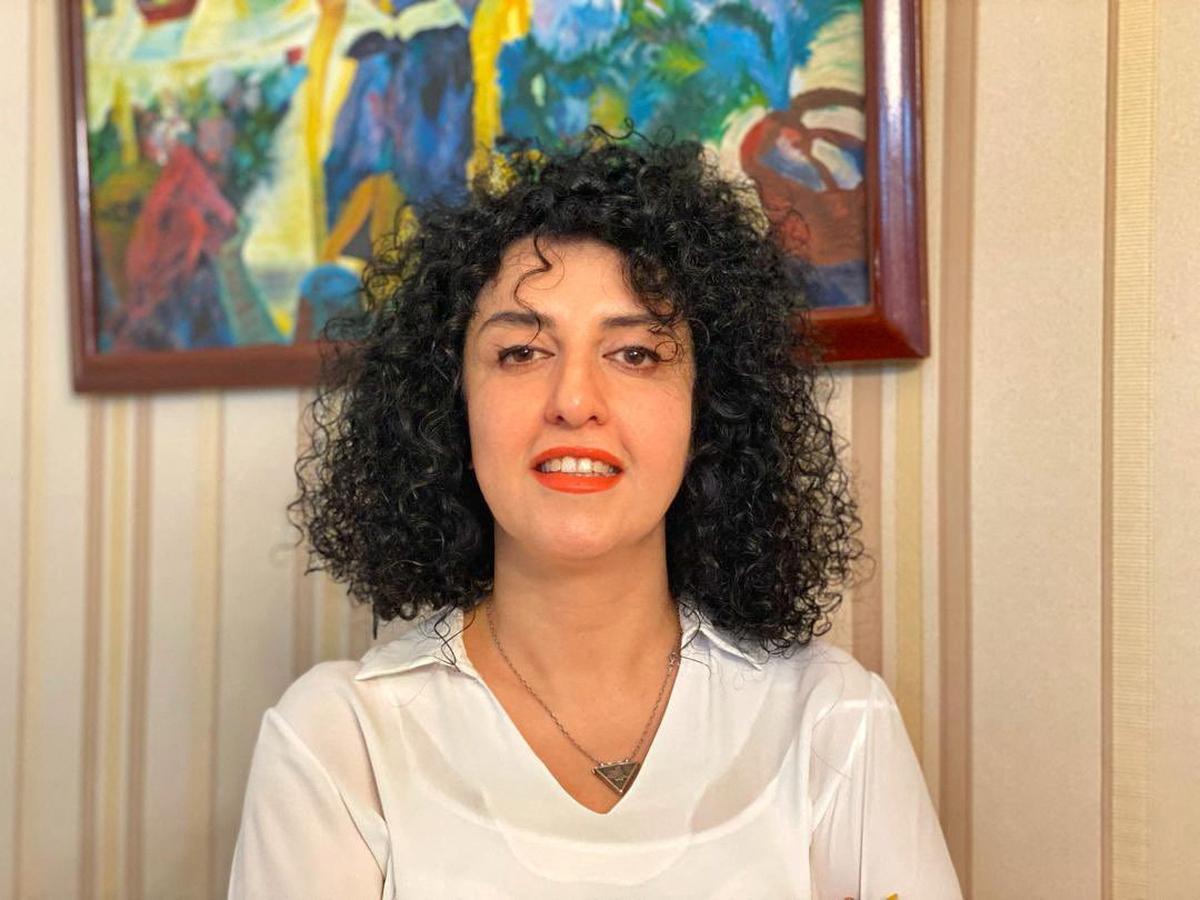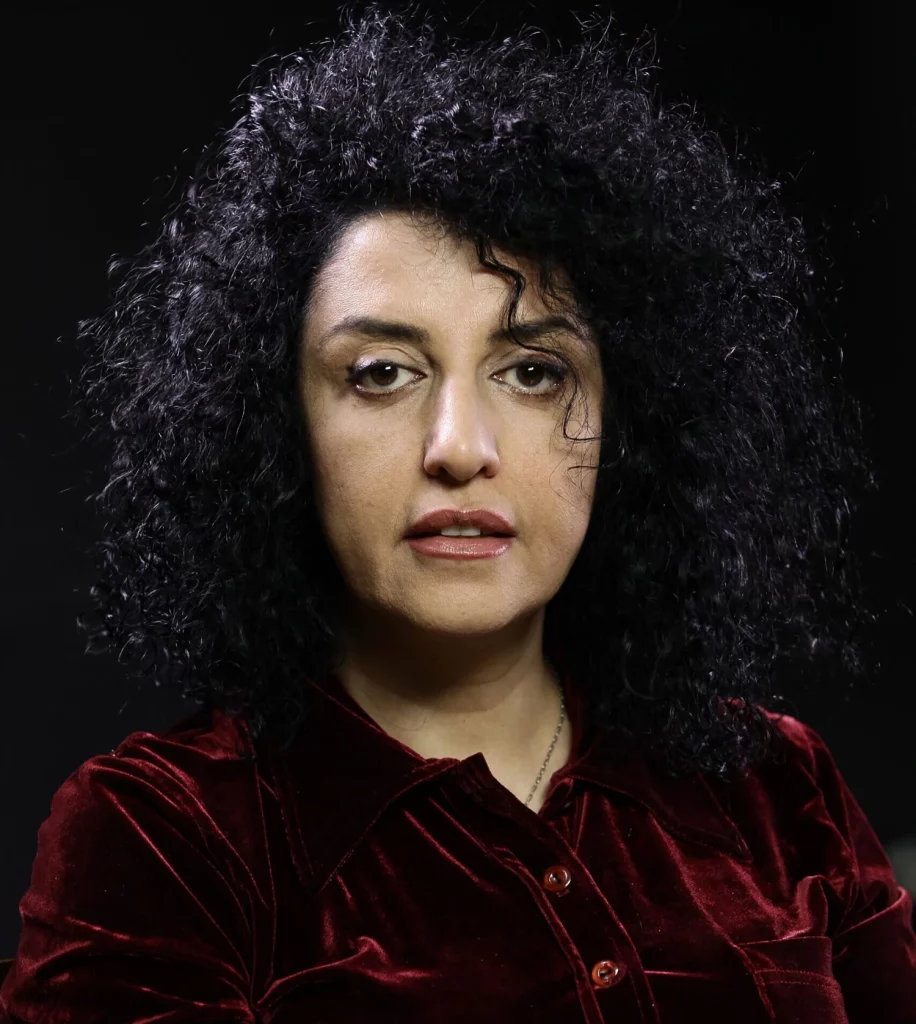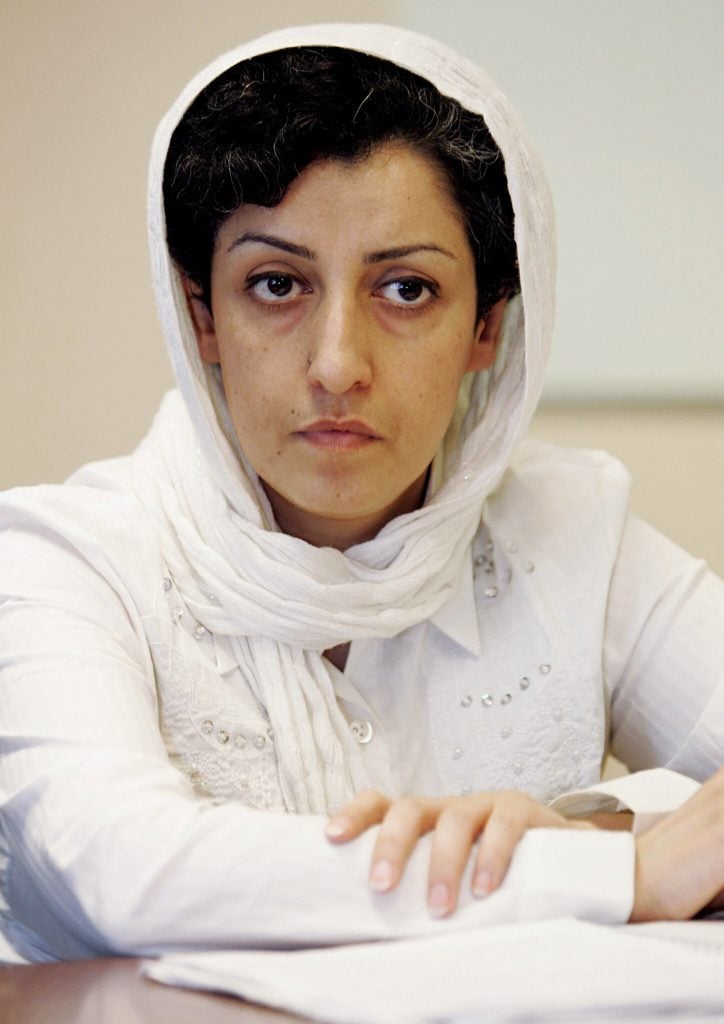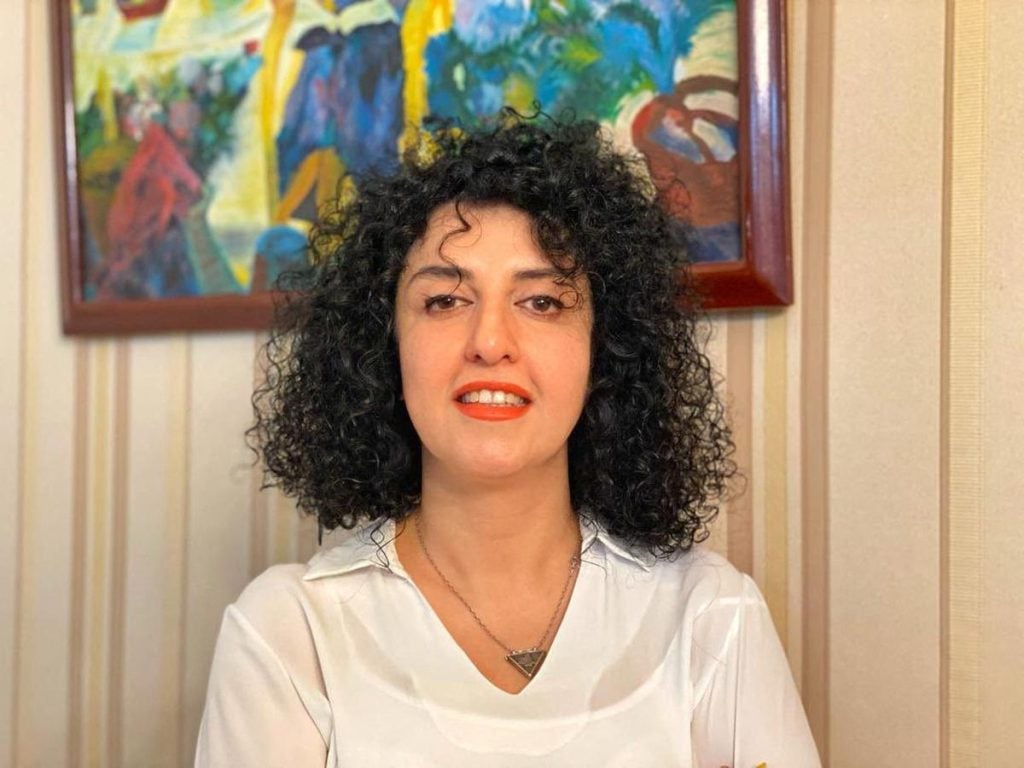Narges Mohammadi, a prominent Iranian activist, has recently been awarded the Nobel Peace Prize for her tireless efforts in advocating for human rights and freedom. Despite being incarcerated in Tehran’s Evin Prison, she continues to fight for justice and equality. In this article, we will delve into the life and work of Narges Mohammadi, highlighting 10 key facts about this extraordinary woman.
1. Early Life and Education
Narges Mohammadi holds a degree in physics and began her career as an engineer. Even during her academic years, she displayed a strong commitment to advocating for equality and women’s rights. She wrote for the student newspaper and was actively involved in a political student group, which led to her first arrest.
2. Journalism and Activism
Mohammadi later pursued a career in journalism, working for various reformist publications. She used her platform to campaign for the abolition of the death penalty, women’s rights, and the right to protest. Through her writings, she aimed to bring attention to social reforms in Iran and shed light on the struggles faced by marginalized communities.
3. Writing and Recognition
Over the years, Narges Mohammadi has written numerous articles and essays, advocating for social change in Iran. Her essay collection, “The Reforms, the Strategy, and the Tactics,” garnered critical acclaim and won an award for reportage at the International Film Festival and Human Rights’ Forum. Her book, “White Torture: Interviews with Iranian Women Prisoners,” further highlighted the plight of incarcerated women.
4. Imprisonment and Activism
Mohammadi’s activism and determination to assist incarcerated activists and their families led to her imprisonment for the first time in 2011. Despite facing multiple arrests and convictions, she remained steadfast in her pursuit of justice. Her bravery and resilience have earned her recognition and respect from human rights organizations worldwide.
5. Marriage and Family
In 1999, Narges Mohammadi married Taghi Rahmani, a fellow activist and journalist. Shortly after their marriage, Rahmani was also arrested, marking the beginning of their shared struggle for justice. The couple has twin children who currently reside in France, where Rahmani relocated after serving 14 years of prison sentences in Iran.
6. Nobel Peace Prize and Incarceration
Being awarded the Nobel Peace Prize while still imprisoned is a testament to Narges Mohammadi’s unwavering dedication to human rights. Despite the hardships she has faced, the international community recognizes her as a symbol of hope and a champion for justice. The award has shed light on her cause and renewed calls for her release.
7. The Defenders of Human Rights Center
Narges Mohammadi is the deputy director of the Defenders of Human Rights Center, an organization founded by Nobel Peace Prize laureate Shirin Ebadi. The center aims to protect and promote human rights in Iran and is a member of the International Federation for Human Rights. Its work has received international recognition, including the 2003 Human Rights Award of the French National Commission of Human Rights.
8. International Recognition and Awards
Throughout her career, Mohammadi has received numerous awards and accolades for her activism and advocacy. From the Alexander Langer Award in 2009 to the UNESCO/Guillermo Cano World Press Freedom Prize and the Olof Palme Prize, her work has been celebrated globally. Her fellow activist, Shirin Ebadi, dedicated her 2010 Felix Ermacora Human Rights Award to Mohammadi.
9. Personal Sacrifices
Narges Mohammadi’s commitment to her cause has come at a great personal cost. She has been arrested 13 times, convicted five times, and sentenced to a total of 31 years in prison and 154 lashes. These sacrifices highlight her unwavering dedication and courage in the face of adversity.
10. Inspiring Change and Hope
The recognition of Narges Mohammadi’s efforts through the Nobel Peace Prize serves as an inspiration to activists and human rights defenders around the world. Her story symbolizes the power of resilience and the indomitable spirit of those fighting for justice. Despite her current confinement, Mohammadi continues to inspire and ignite hope for a brighter future.
Conclusion
Narges Mohammadi’s journey is one of resilience, sacrifice, and unwavering determination. Her fight for human rights and freedom serves as a beacon of hope for those facing oppression and injustice. As she remains incarcerated in Tehran’s Evin Prison, the recognition she has received through the Nobel Peace Prize amplifies her voice and strengthens the global call for her release. Narges Mohammadi’s story reminds us of the power of activism and the importance of championing human rights for all.










